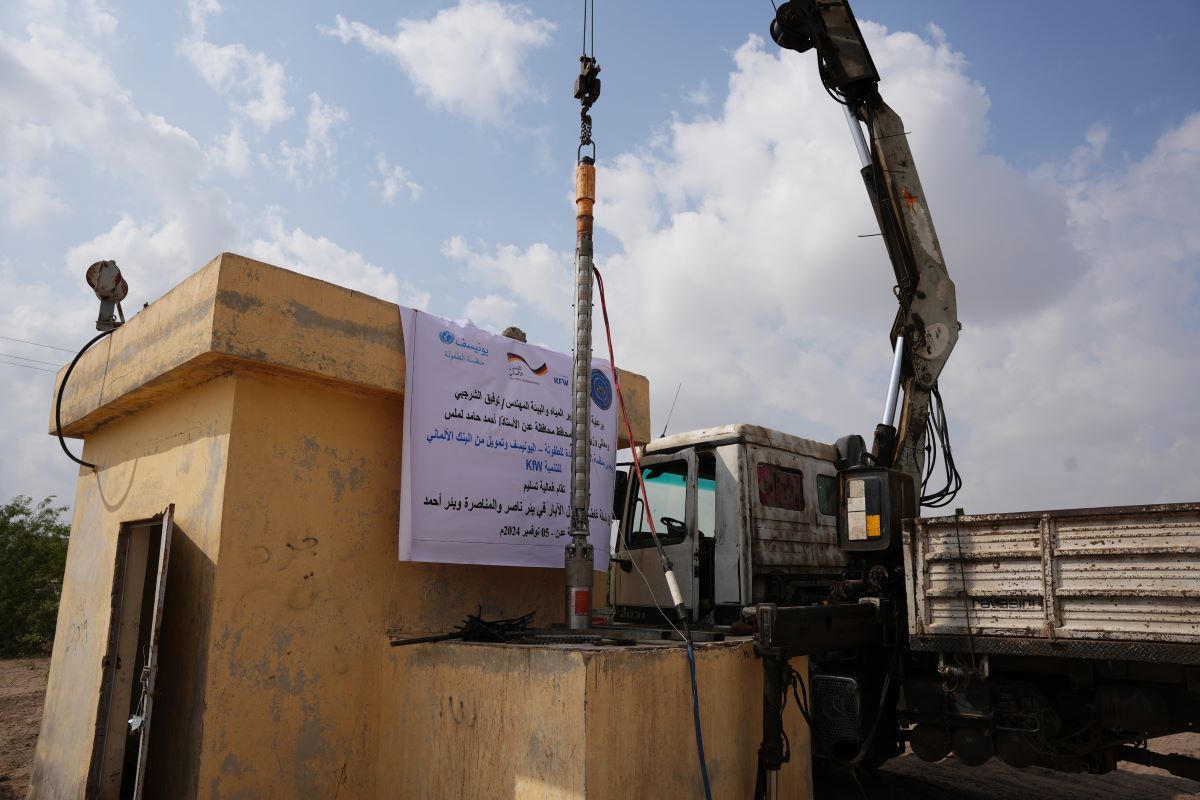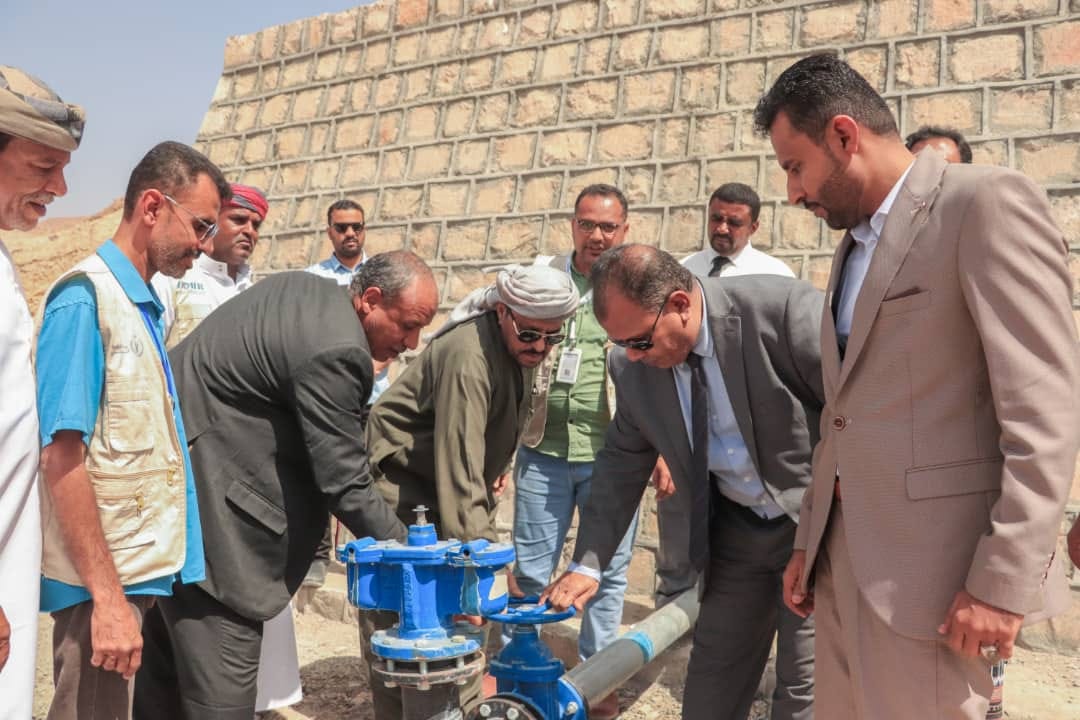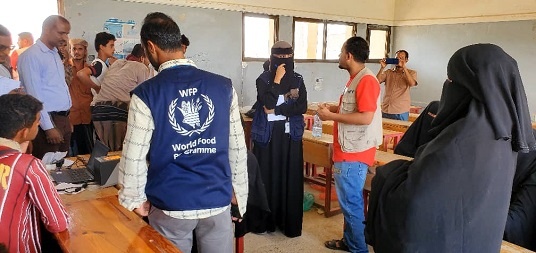Khabar Khair (Only Good News) – Abdul Jalil Al-Salami
A source in the Yemen Central Bank, Aden, revealed that four big exchange companies submitted a request to the bank to turn their business from exchange companies to banks, stressing that the bank approved the four requests that fulfilled the requirements in accordance with the Central Bank Law.
The Aden-based Al-Qutaibi Exchange Company announced that it had obtained the approval of the Central Bank of Yemen to establish a new bank, and the Al-Qutaibi Islamic Microfinance Bank was officially opened in Aden on August 12, 2021, bringing the number of Yemeni banks to 18.
Dr. Youssef Saeed (Professor of Economics at the University of Aden) told “ Khabar Khair (Only Good News)”: turning exchange companies into banks makes the money they have to serve development move, by expanding investment, and this serves the economy better than being a money exchange company.
He added, “Exchange companies that turn into banks are under the supervision of the Central Bank, and deposits become known to the Central Bank, and monitored all the time.”
He explained that shareholders who own big amounts of capital in exchange companies tend to develop their banking activities by turning to banks according to the law, offering financial guarantees to citizens’ deposits in the Central Bank, which enhances confidence in the banking sector.
According to the law of the Central Bank of Yemen, the minimum paid-up capital for each bank licensed to operate in Yemen is six billion riyals.
The capital of banks is important in strengthening their financial positions and raising their ability to perform their economic role and meet their financial obligations.
The financial sector in Yemen is known as a small-sized sector, and it has not been able to achieve the required growth that would qualify it for the development of the private sector, even though the sector has a broad and strong base, according to the assessment of the World Bank.
The Yemeni banking sector currently consists of eighteen banks, five of which are Islamic banks. total assets.
At the geographical level, 5 governorates account for about 74% of the total number of bank branches operating in the country.
The Yemeni banking sector plays a modest role in financing economic activities compared to many Arab countries, where the ratio of bank credit to the private sector to GDP was 7.5% in 2016, while that ratio in Arab countries reached 43% on average in 2016.
Economic researcher Rashid Al-Haddad told ” Khabar Khair (Only Good News)”: The reason for the concentration of assets in the hands of only 4 banks is due to the failure of banks that enjoy complete independence, and most Yemeni banks, especially those with substantial assets, usually follow local trading houses.
He added that these banks facilitate the business of these trading houses, meaning that they rely in their work on the activities of these trading and investment houses that these banks follow.
The World Bank study obtained by ” Khabar Khair (Only Good News)”indicates that the Yemeni financial sector faced great challenges in times of peace, and these challenges became more complex in times of conflict. These challenges were embodied in the efforts of the Yemeni financial sector to efficiently manage capital towards private sector development.
The banking sector in Yemen is the weakest in the Middle East region in terms of intermediation, as bank deposits represented 27% of GDP (Gross Domestic Product), which is much lower than the Middle East average of 76%.
These challenges continued to impose obstacles to obtaining the financing sought by their small and medium-sized enterprises., which represent the largest proportion of Yemeni enterprises, with a rate of 99%.
The World Bank study shows that Yemen has one of the lowest levels of family financial inclusion in the Middle East and North Africa region, with 6% of adults in Yemen who have bank accounts, which is below the average in the Middle East and North Africa 18%, and the average income group is 28 Only 1% of Yemenis save in a formal financial institution.
Banks perform various functions in the economy, the most important of which is playing the role of financial intermediation by accepting deposits from savers and providing credit to borrowers. The role of Yemeni banks in financial intermediation is still limited in the economy, as the added value of financial institutions constituted only about 2.9% of gross domestic product.

















LEAVE A COMMENT